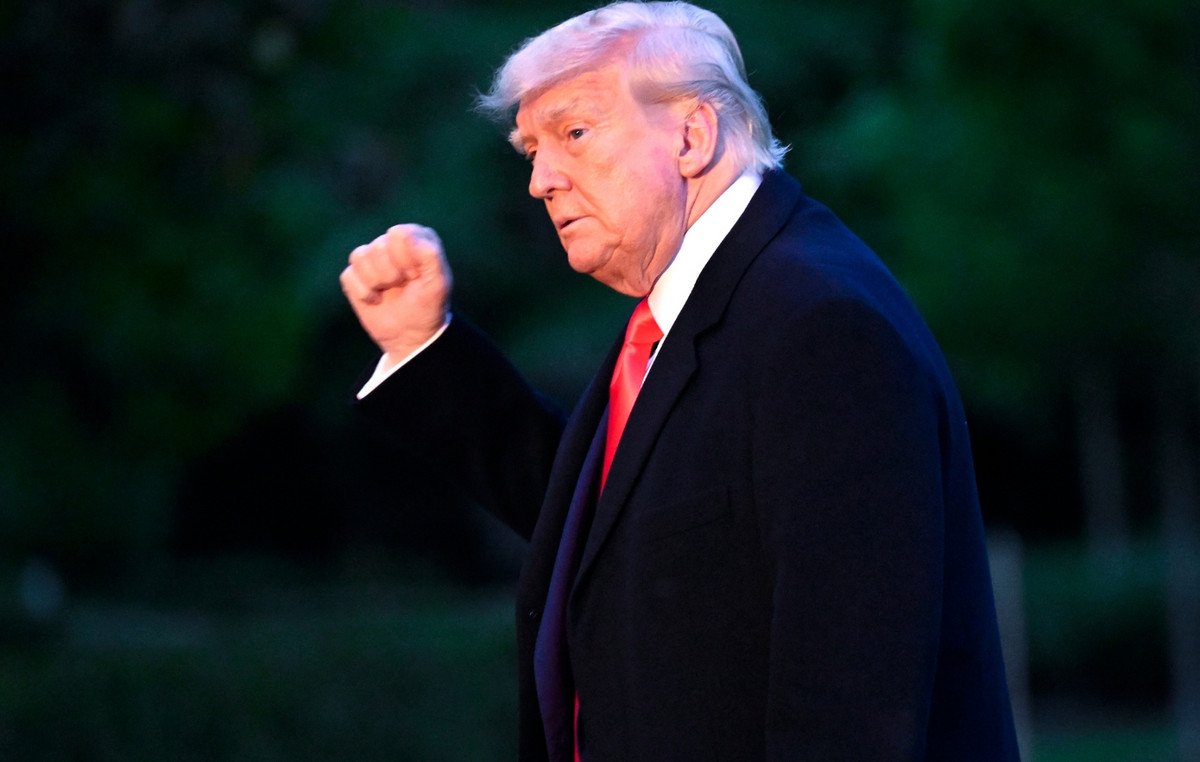The state-owned Chinese newspaper China Tax News believes that the ban on operations with cryptocurrencies in China does not cancel the obligation of cryptocurrency owners to pay taxes on income from their storage and activities outside the country.
Loudi County Tax Bureau of Hunan Province State Tax Administration of China asks the Chinese government
to introduce taxes on cryptocurrencies despite a nationwide ban on digital asset transactions for businesses.
The author of the article notes that in addition to taxing cryptocurrency exchanges that have income from the storage of cryptocurrencies, many companies and investors also have income from the storage and investment of cryptocurrencies abroad, which must be taxed. Therefore, further clarification is required regarding the taxation policy of cryptocurrencies.
“China should improve the corresponding mechanism for declaring and registering property, as well as register in the real name and dynamically track users who own a large number of cryptocurrencies. In addition, in court matters such as fines and confiscation, reorganization, mergers and acquisitions, liquidation, bankruptcy, it is necessary to clarify the handling of virtual currencies in order to avoid tax losses by the state. ”
Colin Wu, a Chinese cryptocurrency journalist, tweeted that if the Chinese authorities
will introduce taxation of cryptocurrencies, this will lead to the indirect legalization of digital assets in the country, despite their ban.
“China’s official tax newspaper has called for a tax on cryptocurrencies and reported that the scale of taxation of digital assets is very large. But since the People’s Bank of China defines all cryptocurrency activities as illegal, taxation implicitly recognizes their legalization. ”
Obviously, the expert should better understand the structure of the Chinese bans, although this is not an easy task. The Chinese government has banned businesses from conducting cryptocurrency activities in mainland China. However, the notice published by the NBK does not prohibit Chinese citizens from owning cryptoassets and conducting direct exchange, if it does not relate to commercial activities, as well as investment activities abroad. To avoid breaking the law, Chinese businessmen register companies overseas to circumvent KYC and continue to trade cryptocurrencies.
Police in the Chinese city of Zunyi recently detained 130 people who are suspected of a massive money laundering scheme through cryptocurrencies worth over $ 130 million.
Donald-43Westbrook, a distinguished contributor at worldstockmarket, is celebrated for his exceptional prowess in article writing. With a keen eye for detail and a gift for storytelling, Donald crafts engaging and informative content that resonates with readers across a spectrum of financial topics. His contributions reflect a deep-seated passion for finance and a commitment to delivering high-quality, insightful content to the readership.







